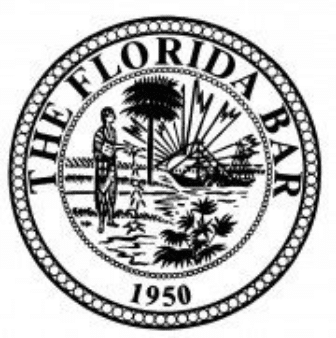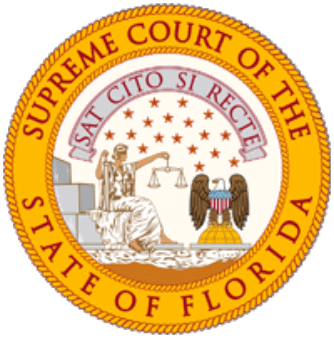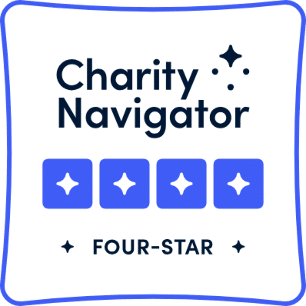More than 30 legal aid organizations in Florida rely on FFLA for an average of 30% of their combined revenue each year. FFLA provides millions in funding annually for programs like Legal Assistance for the Poor, the Loan Repayment Assistance Program for legal aid lawyers, Improvements in the Administration of Justice, and Children’s Legal Services. However, estimates are that these funds meet only 20% of the true need for legal aid to the poor. IOTA revenue is not always stable as it is pegged to short-term interest rates. FFLA is a 501(c) 3 charity that relies on donations to help smooth out the ups and downs in IOTA income as interest rates fluctuate from year to year.
- Expands and improves representation and advocacy on behalf of low-income persons in civil legal matters
- Improves the fair and effective administration of justice
- Promotes service to the public by members of the legal profession by making public service an integral component of the law school experience.
FFLA is the only organization statewide that supports a comprehensive network of organizations providing access to civil legal services for the poor in Florida. It funds legal services in a variety of areas, including foreclosure, domestic abuse, landlord-tenant issues, immigration, children seeking and in need of health benefits and children needing special education assistance, and many more.
All gifts, large and small are welcome. When combined with gifts of many others, they can make a very meaningful impact on the lives of children, the elderly, the disabled, and the poor.
Planned giving, sometimes referred to as “deferred giving,” is simply creating a gift plan using a choice of assets that will have an impact on your tax situation and/or estate plan.
You can start anywhere. You might think first of what you would like to accomplish, or which group you might like to support, such as children. To provide the Foundation with the greatest flexibility, you may wish to make an unrestricted gift to the endowment. In any given year, this will ensure funds can be directed to the area(s) of greatest need. Also, consider what assets you might use to make a gift. What is important is that you gather information about various options, then go on to evaluate and discuss them with your financial and/or legal advisors, and of course with your family.
FFLA can be a useful resource in your gift planning. To learn more about our programs, explore the FFLA website. Review our information and stories to see what interests you, and what you would like to learn more about. Call FFLA (407-960-7000) for more details about various programs.
As you get an idea of what might interest you, and move on to how you would wish to structure a gift, you can use a Gift Calculator to explore financial options of various tax-advantaged ways to make your gift. FFLA can help you sort through which gift plans have the benefits that best match your own situation. We can work both with you as well as with your financial advisors about the details of the right gift plan for you.
The simplest gift plan is the one most people are familiar with, the bequest. This means making a provision in your will to pass assets in your estate on to FFLA.
There is also the charitable gift annuity, a gift through which based on your age and life-expectancy, you receive a guaranteed portion of your gift back as long as you live, along with upfront as well as annual income-tax benefits.
Planned gifts can also be created using life insurance or retirement assets. In fact, almost any asset such as appreciated securities, real estate, and business interests can be used. Life-income gifts, such as charitable remainder annuity trusts, charitable remainder unitrusts, and gift annuities, can be designed to be part of your estate plan with many tax-advantaged benefits and with your personal legacy interests in mind.
There are several options that can pay a cash flow to you and your spouse now or during retirement, can provide income for aging parents, or perhaps can assist a loved one with special needs.
All donors who make planned gifts become members of The Legacy for Justice. For that small group of dedicated supporters, the mission of FFLA is of such great personal importance that they have chosen to make a special commitment of their resources to ensure that the Foundation’s work can be sustained well into the future.
Members of The Legacy for Justice are formally recognized at FFLA’s annual event, in its annual report, and through a distinctive plaque suitable for display in one’s office or home. At all FFLA events, members also receive a designated ribbon recognizing their commitment and at their home or office they receive a periodic, personalized update on all FFLA progress.
Legacy for Justice members share the value of access to justice, and by creating their own legacies through FFLA, they ensure that the values of FFLA will endure over time due to their generosity.




